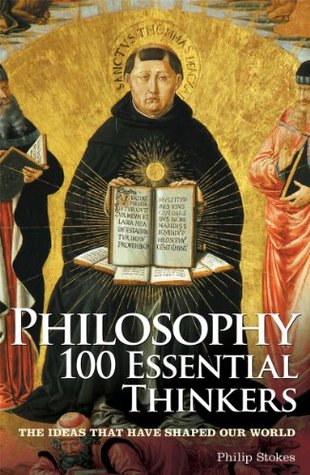More on this book
Community
Kindle Notes & Highlights
On considering democracy, he writes, ‘One questions every day whether a republican government is preferable to a king’s government. The dispute ends always by agreeing that to govern men is very difficult. The Jews had God Himself for master; see what has happened to them on that account: nearly always have they been beaten and slaves but do you not find today they cut a pretty figure?’
He makes it quite clear that we should only be concerned with morality in those aspects of life that require sanctions to deter specific kinds of conduct. Otherwise a person is morally and legally free to pursue their life as they see fit.
‘What I really lack is to be clear in my mind what I am to do, not what I am to know… the thing is to find a truth which is true for me, to find the idea for which I can live and die’.
The strong are those who are more complete, as human beings, who have learnt to sublimate and control their passions, to channel the will to power into a creative force.
It is the flip-side of an argument presented by Aristotle in his Ethics, that man is created to fulfil some purpose or goal, and that fulfilment of a life consists in striving towards that goal. By contrast, Sartre argues that since there is no God or designer to give man a purpose, it is up to the individual to choose the life they think best.
Firstly, ‘anguish’, arising from the awareness of the weight of responsibility we each hold.
The second burden is ‘abandonment’. The existentialist finds it ‘extremely embarrassing’ that God does not exist. For it follows that we are thus left alone without help or guidance in moral matters. Literally, we must make it up as we go along. Thirdly,
Theory and experience go hand in hand, and what there is, what exists, says Quine, is what our best theory of the world says there is. The upshot is that science is essentially a pragmatic exercise concerned with predicting future sensory experience.


